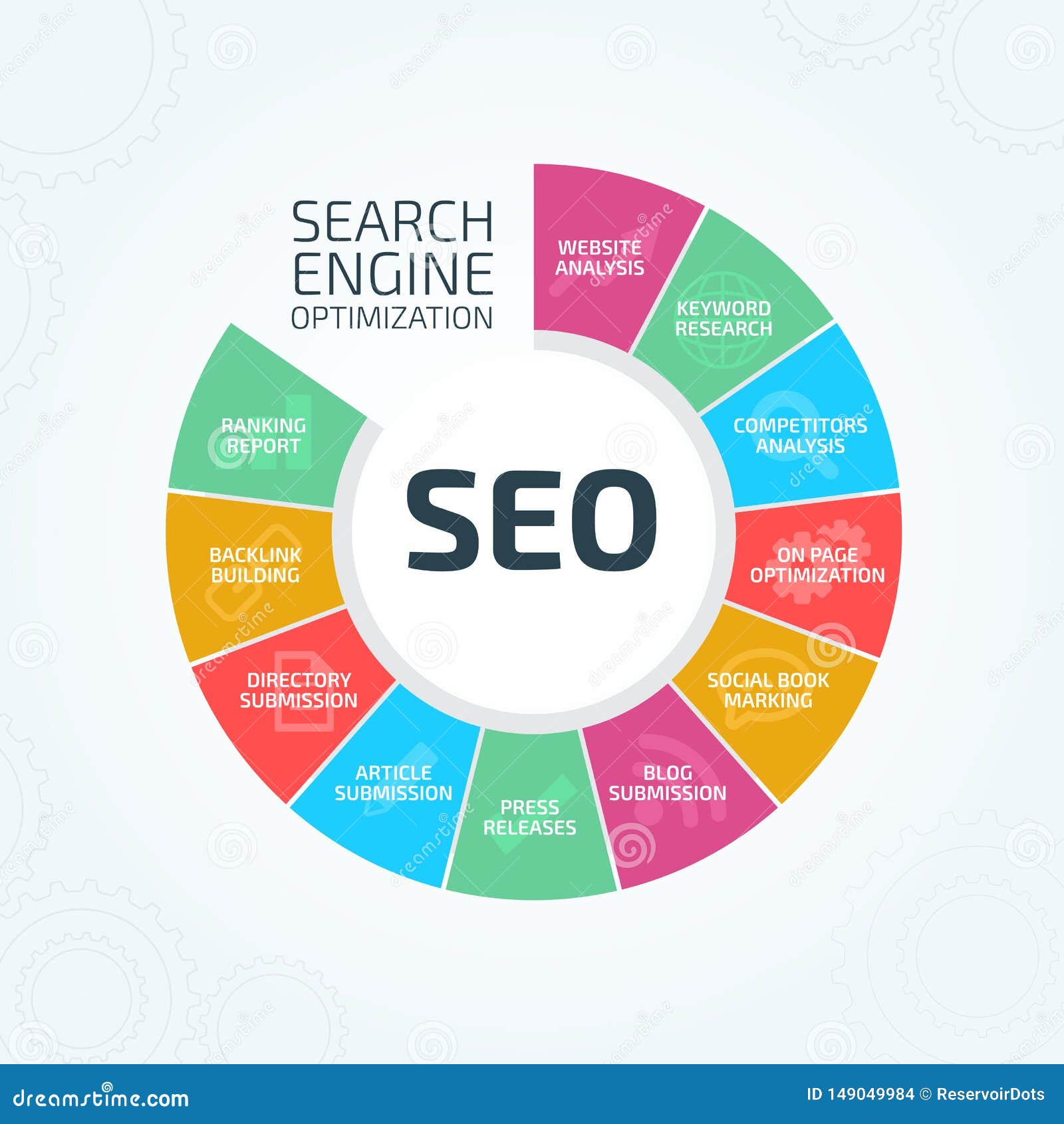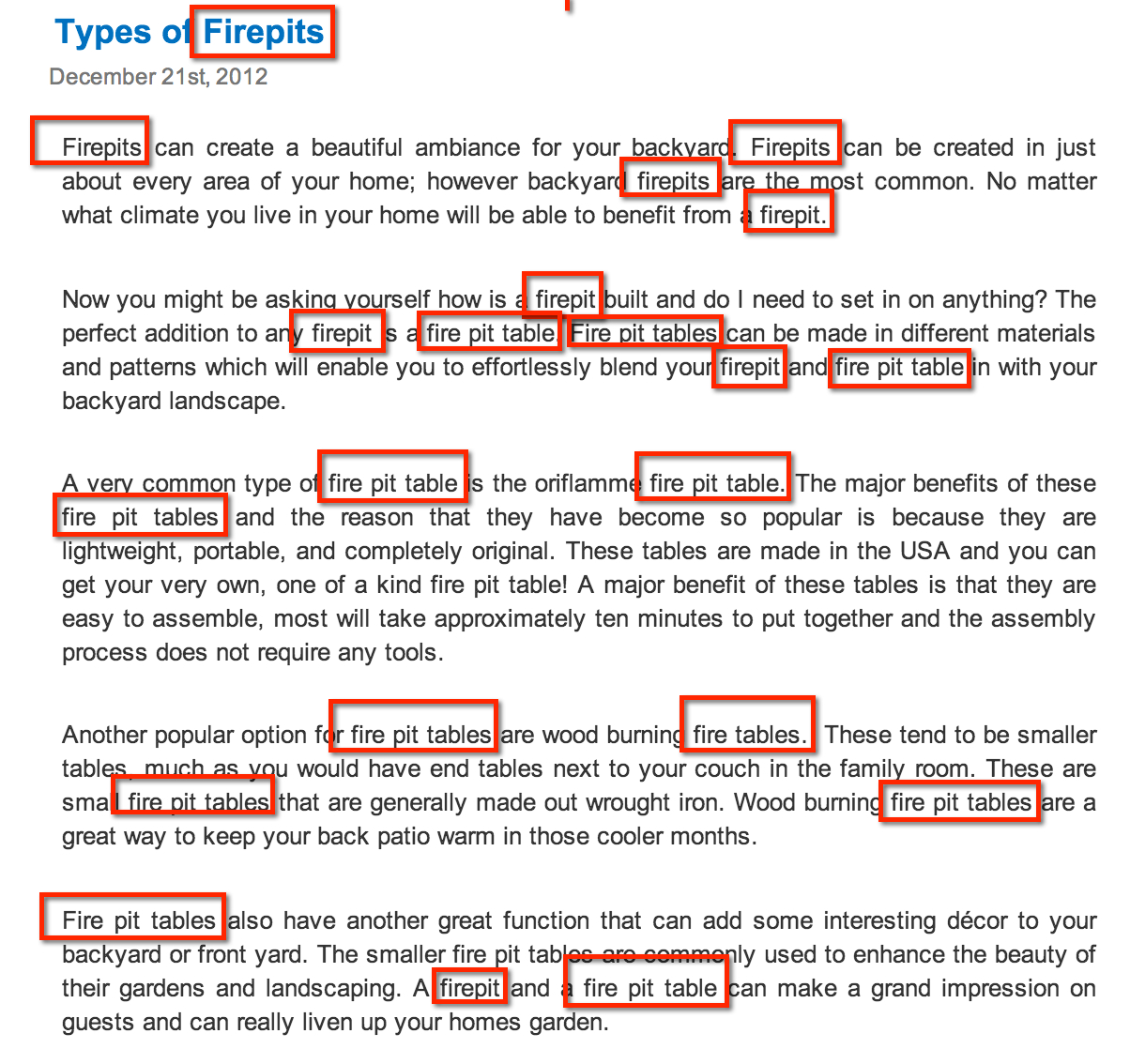
In the ever-evolving world of SEO, one of the most challenging areas to navigate is optimizing content around sensitive topics. Whether it’s discussing mental health, political issues, or controversial social subjects, the line between informative and problematic can be thin. For content creators, marketers, and website owners, understanding how to approach these topics with both SEO best practices and ethical integrity is essential.
This article explores the unique challenges of SEO for sensitive topics, provides actionable strategies to optimize without compromising your values, and highlights common pitfalls to avoid. By following these guidelines, you can ensure your content remains visible, valuable, and aligned with your brand’s mission.
What Is SEO for Sensitive Topics and Why It Matters
SEO for sensitive topics refers to the practice of optimizing content that deals with potentially divisive or delicate subjects while maintaining a balance between visibility and ethical responsibility. Unlike traditional SEO, which focuses on keywords, backlinks, and technical optimization, this area requires an added layer of consideration for audience perception, cultural sensitivity, and regulatory compliance.
Search engines like Google prioritize content that is useful, relevant, and safe for users. However, when dealing with sensitive topics, the risk of appearing biased, misleading, or even harmful increases. This makes it crucial to implement SEO strategies that not only boost rankings but also uphold trust and credibility.
For example, a blog post about climate change must be backed by credible sources, avoid misinformation, and present facts in a balanced way. A poorly optimized or ethically questionable piece on this topic could lead to penalties or damage your brand’s reputation.
How SEO for Sensitive Topics Impacts Visibility and Trust
Optimizing for sensitive topics can significantly affect your site’s visibility and user engagement. Search engines are increasingly prioritizing content that aligns with E-E-A-T (Experience, Expertise, Authoritativeness, and Trustworthiness). When content on sensitive topics lacks these elements, it risks being demoted in search results.
Moreover, user behavior plays a key role. Readers are more likely to engage with content that feels authentic, well-researched, and respectful. If your content appears manipulative or biased, users may leave quickly, increasing bounce rates and lowering dwell time—both of which negatively impact SEO.
Consider a healthcare website discussing mental health treatments. If the content is written by a qualified professional, cites reputable studies, and avoids sensationalism, it’s more likely to rank higher and earn user trust. On the other hand, if the content is filled with unverified claims or overly promotional language, it could face scrutiny from both users and search engines.
Step-by-Step Implementation Framework
1. Define or Audit the Current Situation
Before optimizing any content, take a step back and assess what you’re working with. Ask yourself:
- Is the content accurate and supported by credible sources?
- Are there any potential biases or misleading statements?
- Does the tone respect the subject matter and the audience?
Use tools like Google Search Console or SEMrush to analyze existing content performance and identify gaps or issues.
2. Apply Tools, Methods, or Tactics
Once you have a clear understanding of your current content, apply the following strategies:
- Keyword Research: Use tools like Ahrefs or Ubersuggest to find relevant, low-competition keywords related to your sensitive topic. Ensure they align with user intent.
- Content Quality Over Quantity: Focus on creating in-depth, well-researched content rather than short, superficial pieces. This helps build authority and trust.
- Avoid Sensational Language: Refrain from using emotionally charged or provocative language that could alienate readers or trigger algorithmic flags.
- Implement Structured Data: Use schema markup to help search engines understand your content better, especially for complex or nuanced topics.
3. Measure, Analyze, and Optimize
After implementing changes, track performance using analytics tools like Google Analytics or Hotjar. Monitor metrics such as:
- Bounce rate
- Average session duration
- Click-through rate (CTR)
- User feedback (e.g., comments, surveys)
Continuously refine your strategy based on data. For instance, if a particular piece of content has a high bounce rate, consider revising its structure, adding more value, or improving its clarity.
Real or Hypothetical Case Study
Let’s say a nonprofit organization wants to improve the visibility of its content on LGBTQ+ rights. Initially, their articles were ranked low due to generic keywords and lack of depth. They decided to:
- Conduct keyword research to find terms like “LGBTQ+ advocacy” and “gender equality resources.”
- Rewrite existing content to include expert quotes, statistics, and personal stories.
- Add structured data to highlight key information, such as event dates or donation links.
- Promote the content through social media and email newsletters.
Within six months, their organic traffic increased by 40%, and their content was featured in several high-authority blogs. The success came from a combination of strategic SEO and ethical content creation.
Tools and Techniques for SEO on Sensitive Topics
- Google Search Console – Helps monitor indexing, crawl errors, and performance metrics for your site.
- Ahrefs – Useful for keyword research and competitor analysis, especially for niche or sensitive topics.
- Grammarly – Ensures your content is free from grammatical errors and maintains a professional tone.
- SEMrush – Provides insights into content gaps and helps track competitors’ strategies.
- Hotjar – Offers user behavior analytics, helping you understand how visitors interact with your content.
Each tool serves a specific purpose, but together they create a powerful toolkit for managing SEO on sensitive topics.
Future Trends and AI Implications
As AI continues to evolve, search engines will become even better at detecting bias, misinformation, and unethical content. Platforms like Google’s Gemini and other AI models are already being trained to prioritize trustworthy and fact-based information.
This means that future SEO strategies for sensitive topics will need to be even more transparent and evidence-driven. Content creators should focus on building long-term trust with their audience, leveraging AI tools to verify facts, and staying informed about shifting algorithmic priorities.
One actionable insight is to invest in AI-powered content verification tools that can flag potential issues before publishing. This proactive approach ensures your content remains compliant and ethical.
Key Takeaways
- Prioritize accuracy and credibility when creating content on sensitive topics.
- Avoid keyword stuffing and sensational language, which can harm both user experience and SEO.
- Audit your content regularly to ensure it aligns with ethical standards and search engine guidelines.
- Use tools like Google Search Console and Ahrefs to monitor performance and identify opportunities for improvement.
- Stay ahead of AI trends by investing in content verification and transparency practices.
By embracing these principles, you can optimize your content for sensitive topics without compromising your values. In a digital landscape where trust is everything, ethical SEO is not just a best practice—it’s a necessity.
Meta Title: SEO for Sensitive Topics: How to Optimize Without Compromising Ethics
Meta Description: Learn best practices for optimizing content on sensitive topics while maintaining ethical integrity and search engine visibility.
SEO Tags (5): SEO for Sensitive Topics, Ethical SEO, Content Optimization, Google Penalties, Search Engine Visibility
Internal Link Suggestions: Parameter #12: E-E-A-T in Modern SEO, Parameter #8: Content Quality and User Experience, Parameter #17: AI in SEO Strategy
External Source Suggestions: https://support.google.com/webmasters, https://ahrefs.com/blog/seo-for-sensitive-topics, https://www.searchenginejournal.com








